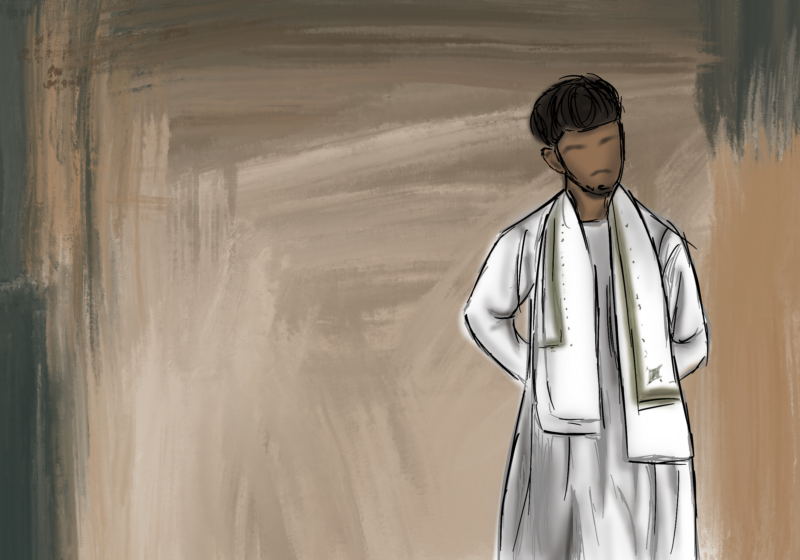When I was younger, I generally enjoyed flying around the country – going to Denver or Boston or Virginia, getting a nice comfy chair (given I was three feet tall, so there was much more room) and enjoying the delicious sandwiches that came with the long flight.
Then, the First Great Travesty occurred: the sandwiches stopped coming. No more turkey and cheese. Or ham and cheese. No more processed deliciousness. And I felt nearly dead inside. What was there to look forward to now? My ears popping?
Then, as I grew, the ample legroom disappeared. The seats became confining, packed as close as possible to each other to accommodate more people and decrease prices. Being resilient, however, I put up with it and prayed I could get an aisle seat.
The rationale for this, as explained by former American Airlines Chief Financial Officer Michael Durham during his visit to my Business & Politics class, dealt with the fact that, unsurprisingly, it just cost too much to keep up. There are loading costs, catering costs and storage costs. Eliminating meals was a natural decision that saved them millions and, most importantly, allowed ticket prices to be lowered.
The additional seats that made the plane so confining were due to the fact that customers wanted cheaper ticket prices and, thus, the airlines accommodated. In other words, the reason flights are so miserable – no sandwiches, less room, etc. – is all due to us, the consumers, so that ticket prices go down and, hopefully, stay down. The fact that we are responsible for our misery, though, has no impact on the level at which we complain about our misery.
In some worlds, we could see this as hypocritical – to complain about something, have it changed, then keep complaining. Nothing is ever good enough for us.
If you are hunting around for another example, just look at UR Dining Services. Students complain about how there’s never enough options, or how hours are bad or how service could be better. But then look at all Dining changed this year – its menu expansions, its plans for the near future, the addition of Starbucks (thank you!) – and you see they care. Hillside is now open until two in the morning. And as far as service, well – James, the quesadilla master at Hillside, is unbeatable. And then there’s perennial diva Dawn. And the fine ladies at Douglass, of course. And the Mel Express, well, their “Pickles and chips?” line makes me so happy (and that’s only 80 percent overt flattery). Anyhow, you get the point.
However, others’ complaining continues. Nothing is enough to satisfy us. Maybe that’s even the reason behind how fat America is – our gluttony for service inspires our gluttony for food. It’s great to complain – I’m doing it right now, and enjoying it – but perhaps we should start appreciating honest efforts, both here and everywhere else.
Brenneman is a member of the class of 2009.




